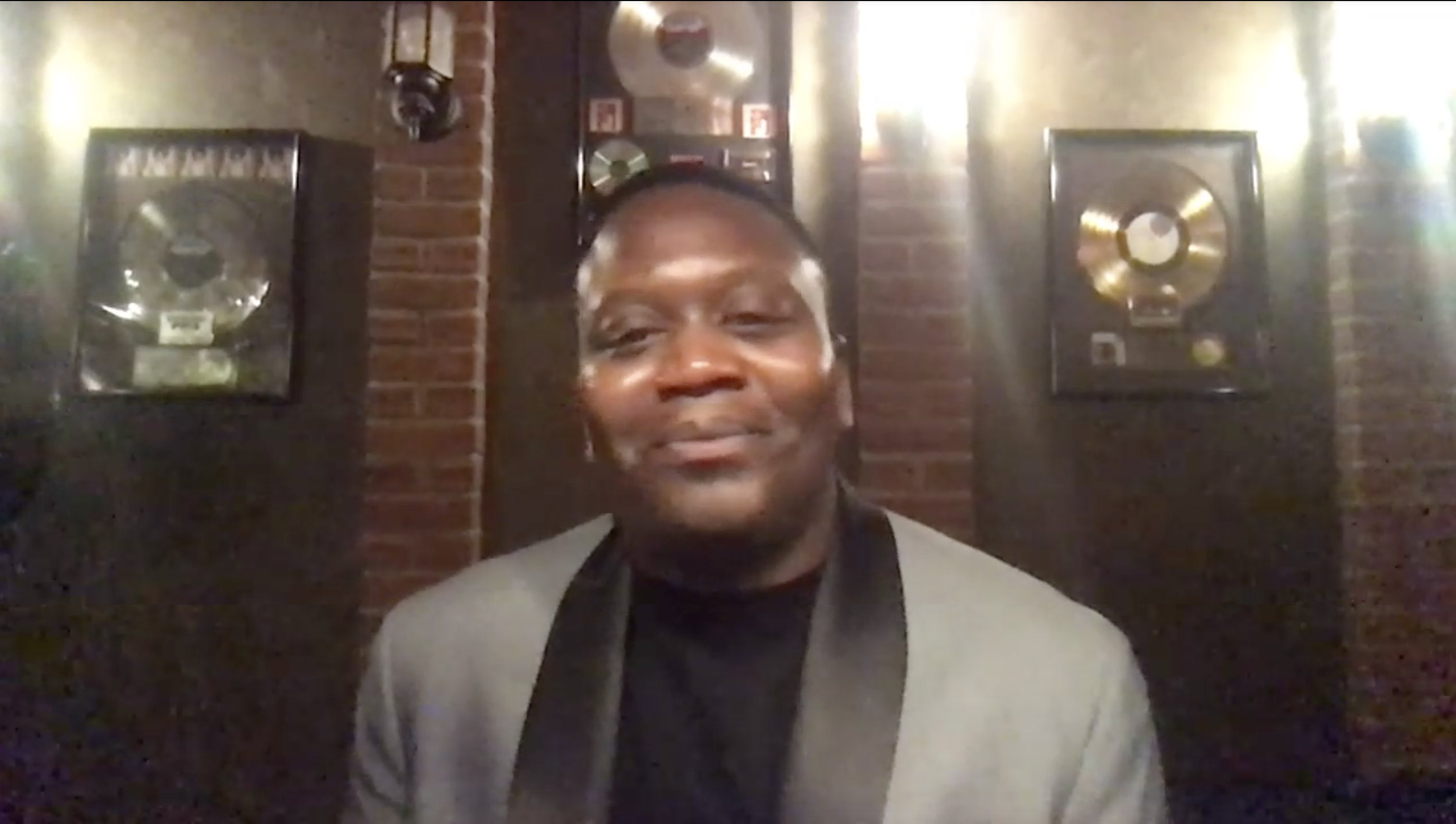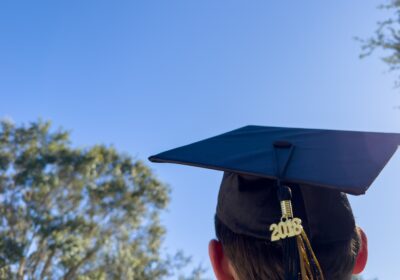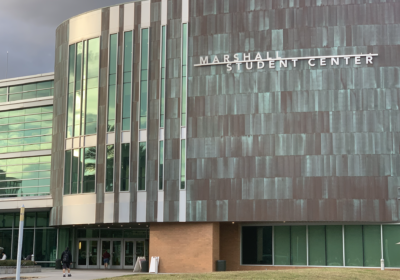REVIEW: Tituss Burgess lacks enthusiasm in first University Lecture Series

What was supposed to be an inspiring discussion about inclusivity and LGBTQ identity quickly turned out to be an interview-style lecture based on questions with no depth and even blunter responses.
Emmy-nominated actor and singer Tituss Burgess kicked off the first University Lecture Series of the semester to celebrate LGBTQ History Month on Tuesday night. When the virtual lecture started, moderator Nicholas Stewart emphasized how it was supposed to be a discussion rather than an interview.
That wasn’t the case.
Burgess, who was paid $22,000 by the Campus Activities Board, answered most of the questions on Microsoft Teams in short sentences — sometimes even just one. With a lack of follow-up questions, the discussion was filled with a blend of statements that failed to dig deeper into Burgess’ personal life and career.
When referred to as a role model for the LGBTQ community, Burgess emphasized his dislike for the title.
“I hate that word and I hate what it stands for,” he said. “It’s too much pressure.
“Being a role model … if you look at my journey as something to reference, if you will, maybe look at how I live my day-to-day [life], how I treat people … but don’t call me a role model.”
Despite Burgess showing his dislike for the word, Stewart asked him about his own role model.
Burgess said he doesn’t have nor wishes to have any role models. In contrast, he said he has “a lot” of respect for the pioneers and trailblazers from the LGBTQ community.
“I’m just appreciative of all the things that my community has done that paved the way for me to be here talking to you.”
While the lecture was filled with silence after most questions, Burgess also talked a little about his personal life and the start of his career.
Born and raised in Athens, Georgia, Burgess was heavily involved in his community church during his childhood. When he first came out as an openly gay man, he said he wished his “Black community and church had a wider emotional vocabulary.”
“I wish, growing up, that we would challenge doctrine more, that we don’t take scriptures at its words because beautiful questions arise out of asking,” Burgess said. “There’s so much to be mindful in the gray areas.
“I think my community, growing up, it was sort of a blanket. You aren’t supposed to be the way you are sort of situation, and I just think that maybe if we weren’t so afraid of having these conversations we’d be a lot further along than we are.”
As advice for those going through a similar scenario, he encouraged people to “live out loud.”
“Once you acknowledge who you are and once you have made peace with it,” he said, “every time you introduce someone to your ‘you-est’ you, it is a sense of making sure that they feel comfortable which is bullsh*t. Who cares how they feel?
“No one else is giving us the consideration that we are giving the rest of the world. Why is it required of us? It shouldn’t be.”
Burgess said he cultivated a passion for the performing arts from a very young age. For him, the career “chose him.”
“I didn’t know what I was doing,” he said. “I just knew that I loved singing. I knew how to tell a story. I knew that I looked like everyone else. And I leaned into all the things that made me unique.”
Burgess earned a bachelor’s degree in music from the University of Georgia, but learned all about acting when he began working in the field.
“The truth is my college experience had nothing to do with anything except giving me a great musical education, but nothing I learned about the industry I learned in college,” Burgess said.
“I didn’t go to an art school. I never took an acting class, so all the things I’ve learned about the industry I learned on the job.”
The moderator’s questions lasted for about 30 minutes, which was then followed by the Q&A portion of the lecture. Attendees were able to submit their questions on a live chat throughout the lecture and vote for their favorite ones.
The Q&A was only supposed to be 15 minutes, but it ended up filling the last half-hour of the lecture.
While some questions touched on Burgess’ stance on Black Lives Matter and the importance of LGBTQ representation in the industry, others seemed quite random.
Among the general questions, Stewart asked him about his favorite shows to watch, tips for living in New York City and which famous person, dead or alive, would he want to have dinner with.
When asked about his favorite books to read, Burgess was honest with the audience.
“I don’t read books,” he said.
As an attempt to kill the awkwardness, Stewart replied with “same,” followed by a dragging, awkward silence.
The most liked question only received six votes and focused on LGBTQ representation in entertainment.
The last question, to the surprise of many, was not related to anything about Burgess’ life or career. Instead, Stewart asked about his actions toward leading a more sustainable and eco-friendly lifestyle in light of the discussions around climate change.
“I feel guilty when I accidentally threw a piece of plastic in the trash bin,” Burgess said. “But you know, definitely trying to be more conscious, more aware. You know we all got to do our little part.”
From start to finish, the lecture felt more like an interview than a conversation. Burgess ended the night with one last message to the audience, emphasizing the importance of being true to themselves.
“Don’t take a ‘no’ from someone who doesn’t have the power to give you a ‘yes’ in the first place,” he said.






